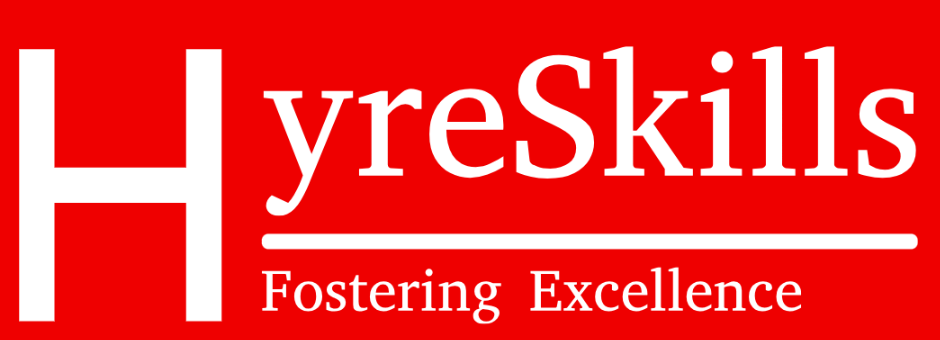Collaboration is indeed necessary for achieving collective goals, fostering innovation, and maximizing productivity. It involves individuals or groups working together towards a common objective, leveraging their diverse skills, knowledge, and perspectives. Here are several reasons why collaboration is essential:
- Synergy: Collaboration brings together people with different expertise and strengths, allowing them to complement each other’s skills and ideas, resulting in better solutions than could be achieved individually.
- Innovation: When people collaborate, they share ideas, challenge assumptions, and spark creativity, leading to the generation of innovative solutions and approaches.
- Efficiency: By dividing tasks among team members and leveraging each person’s strengths, collaboration can streamline processes and increase efficiency.
- Learning and Growth: Collaboration provides opportunities for continuous learning and personal growth as individuals share knowledge, exchange experiences, and receive feedback from one another.
- Employee Engagement: Working collaboratively fosters a sense of belonging and camaraderie among team members, leading to higher levels of employee satisfaction and engagement.
- Problem-Solving: Complex problems often require diverse perspectives and input from multiple stakeholders. Collaboration enables teams to tackle challenges more effectively by pooling their collective wisdom and resources.
Overall, collaboration promotes a culture of teamwork, mutual respect, and shared success within organizations, making it an indispensable aspect of achieving common objectives and driving progress.

